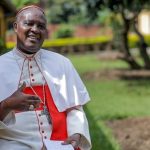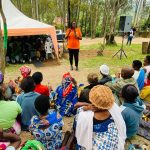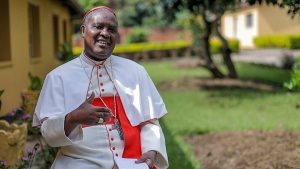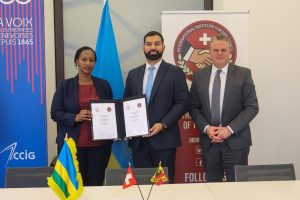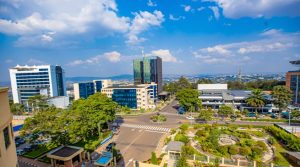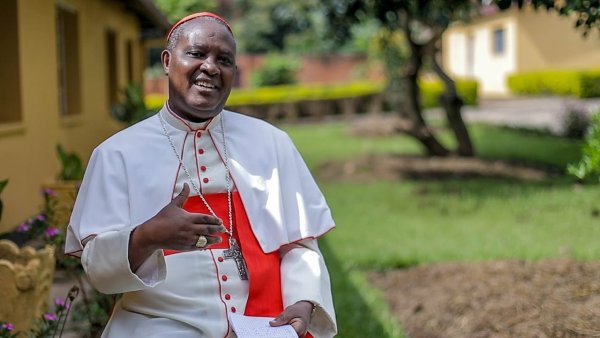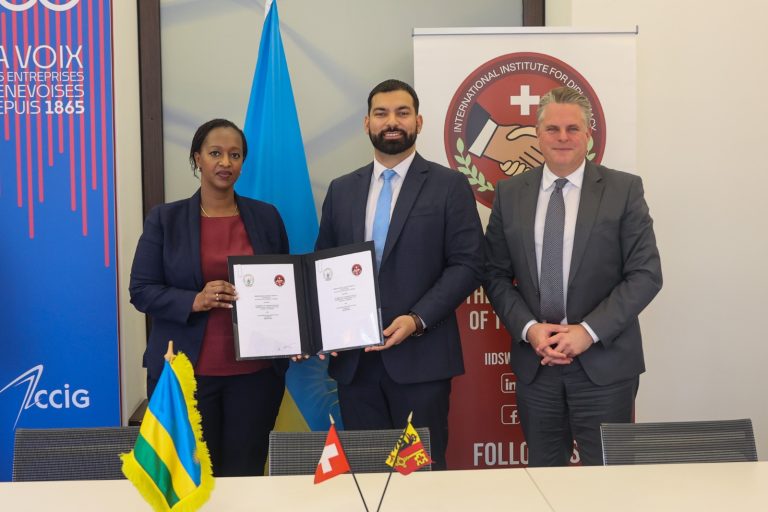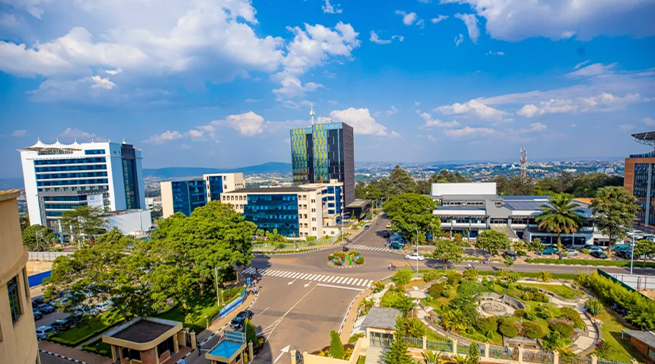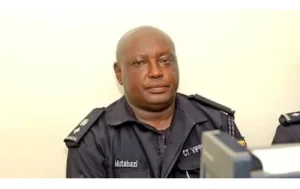Over 300 people with visual impairments received new white canes during the national celebration of the International White Cane Day in Huye District’s Tumba Sector, an event that brought together hundreds to honor independence, dignity, and inclusion for Rwandans living with blindness.
This year’s event was held under the theme “We See Beyond the Eyes.”
The ceremony brought together hundreds of people with visual impairments from across the country, alongside representatives of local authorities, partners, and district officials. The event aimed to raise awareness about the importance of the white cane a global symbol of independence, mobility, and dignity for persons who are blind or visually impaired.
While this day is celebrated annually across the world, its commemoration in Rwanda highlighted the country’s continued efforts to promote inclusion and equal opportunities for people with disabilities.
A Day of Pride and Empowerment
For many participants, the day was not only symbolic but also deeply emotional. Several people with visual impairments expressed joy and gratitude for being part of the event and for receiving new white canes.
One of the beneficiaries, Hakizimana Gaspard, described the cane as an essential part of his life. “You cannot separate a white cane from a blind person because it is their life. When you have it, you become independent you can move freely without help. It has changed our lives, and now we feel more confident and free.”
Another beneficiary, Musabimana Venancia, said the event reminded her that people with visual impairments are capable just like anyone else.“I’m very happy to have received my cane today. It’s like an extension of our body, it helps us to see and feel like others. We are capable; we only need opportunities to show what we can do.”
Challenges Remain: The Cost of White Canes
Despite the joy and pride, participants also highlighted ongoing challenges, especially the high cost of white canes. A single cane costs between 35 and 45 US dollars about 50,000 Rwandan francs making them unaffordable for many.
Uwamahoro Claudine, who did not receive a cane during the event, voiced concern about accessibility. “We’re happy for our friends who received canes, but most of us can’t afford one. There’s no factory in Rwanda that produces white canes, and importing them is very expensive. We ask the government to help establish a local production unit so that these canes become more accessible.”
Echoing her concern, Ingabire Cevelent, another participant, also emphasized the financial challenge many people with visual impairments face. “The white cane is extremely expensive for ordinary people with disabilities,” she said. “It’s painful to know you need one for your daily life but can’t afford it. We ask for more support so that no one is left behind just because they can’t buy a cane.”
The white cane, often referred to as a “symbol of freedom”, enables people with visual impairments to move safely, detect obstacles, and navigate independently. For many, it is a tool of empowerment that restores confidence and participation in society.
Leaders Call for More Inclusion and Support
Speaking at the event, Dr. Grace Mukarwego, the National Representative of Persons with Visual Impairments and a lecturer at the University of Rwanda, emphasized the role of the cane in transforming lives. “The white cane gives independence, confidence, and the ability to reach places we couldn’t before. However, we still need policies and programs that make canes more affordable for everyone who needs them.”
She also called on employers to offer equal job opportunities to people with disabilities, stressing that their potential should not be underestimated. “People with disabilities are capable. The cane doesn’t represent inability it represents determination. When given a chance, we perform well and inspire others to believe in their abilities too.”
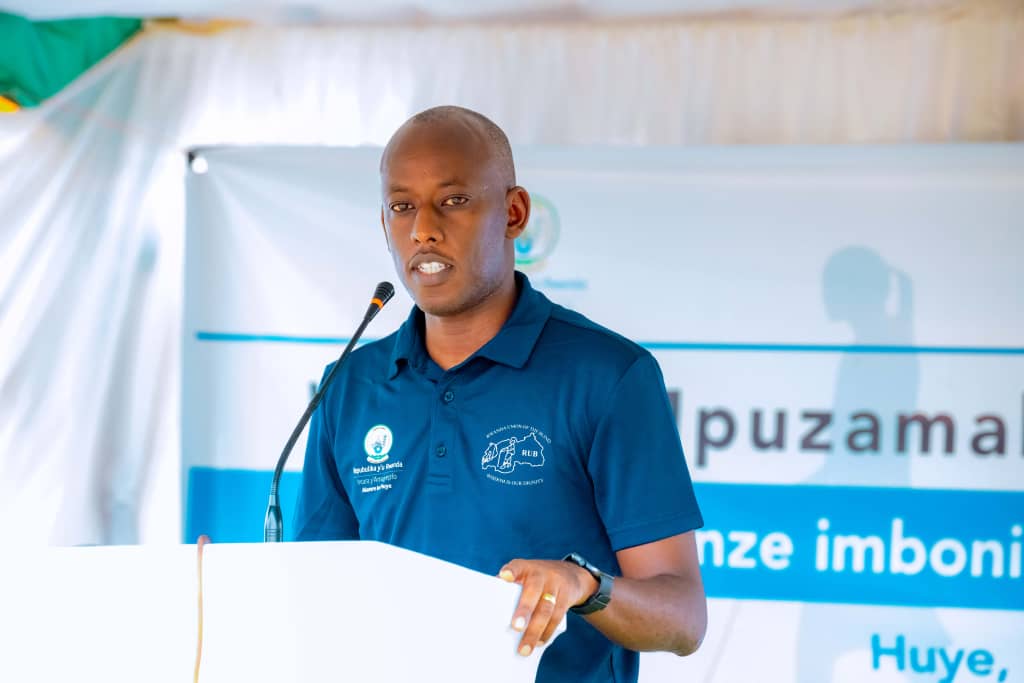
Government Commitment to Continued Support
Huye District Mayor, Ange Sebutege, reaffirmed the district’s commitment to supporting people with disabilities through partnerships and inclusive development programs. “We are working with various partners to ensure that every person with a disability has access to a white cane, despite the high cost. Our goal is to make sure these tools are available across all districts. We also want to strengthen disability-friendly services in health centers, schools, and other public institutions.”
Looking Ahead
The celebration concluded with the distribution of 300 new white canes to people with visual impairments from different parts of the country. The gesture was both practical and symbolic a reminder that inclusion is not charity, but a matter of dignity and equal rights.
As the participants left the event, many said that although challenges remain, the 2025 White Cane Day gave them renewed hope and strength to keep striving for an inclusive society where every person, regardless of ability, can live with confidence, independence, and respect.
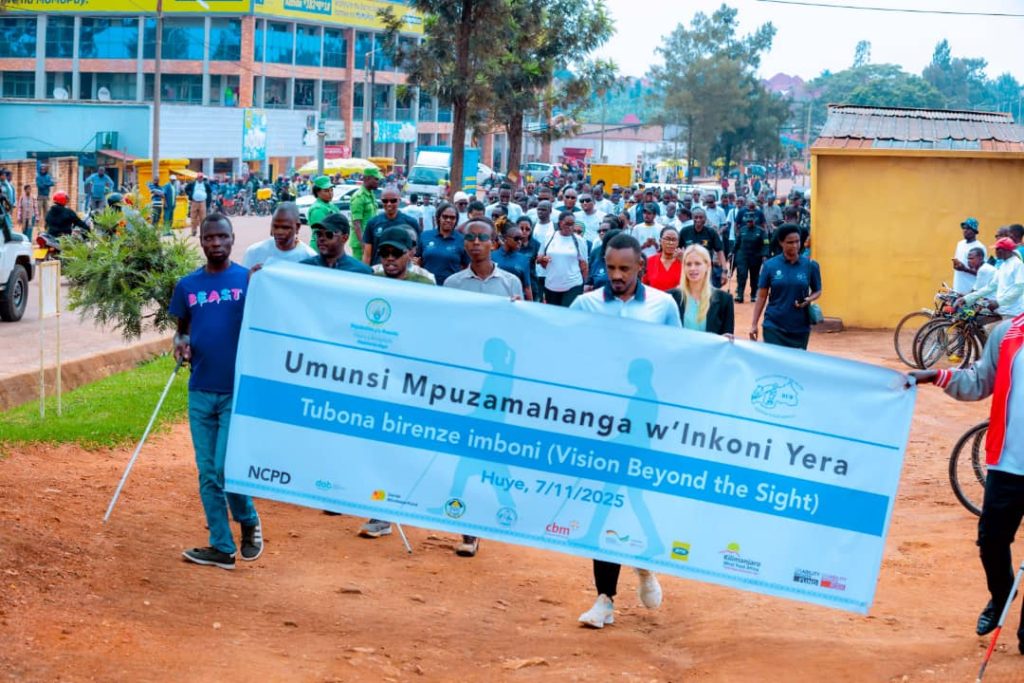
Author: Justinmind HARERIMANA
